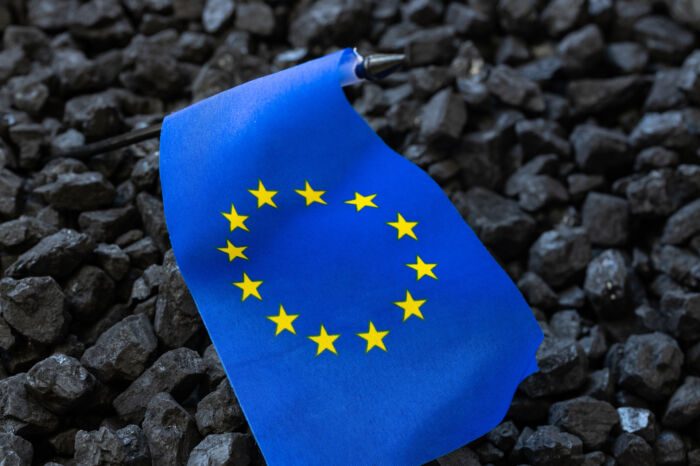The four-month deadline for the termination of existing contracts expired on Wednesday. The EU’s first embargo on energy imports from Russia since the start of the Russian military assault on Ukraine was fully activated.
The European Commission said.
“The 10th of August marks the end of the period for terminating Russian coal imports. No further exemption will apply,”
Russia will lose around €8 billion a year as a result. Which is a loss for Russia, but a small loss compared to their profits from exports of, for example, oil and gas.
It won’t be easy for Europe
However, it will not be easy for the European Union to adapt to the new conditions. Russia accounted for around 45% of EU coal imports, with Germany, Poland and the Netherlands being the biggest buyers of Russian coal.
Moreover, according to Brian Ricketts from the European Coal and Lignite Association (Eurocoal), Europe will import even more coal. According to him, Europe will be looking for the most suitable alternatives to Russian gas which is unclear for Europe.
At the moment, the EU is increasing its imports from other countries such as Colombia, the USA and Australia, which have also experienced energy problems due to flooding in coal mines, among other reasons.
Read also: Venezuela’s oil export drops by almost 30%
In June, 7.9 million tonnes of coal were imported into the EU, almost doubling year on year.
From Colombia, 1.2 million tonnes were imported in June, up from 287,000 tonnes last year.
Imports from the US were up 28% year-on-year and 1.1 million tonnes were imported from Australia.
The embargo will also fall on oil
In early June, the EU agreed on a sixth package of anti-Russian sanctions, which includes a ban on imports of most Russian oil from the turn of the year. Oil transport via the Druzhba pipeline supplying the Czech Republic, Slovakia and Hungary will be temporarily excluded from the embargo.
The oil sanctions will ban the import of Russian crude by sea from 5 December 2022 and other oil products will not be allowed to be imported from 5 February 2023.











Comments
Post has no comment yet.